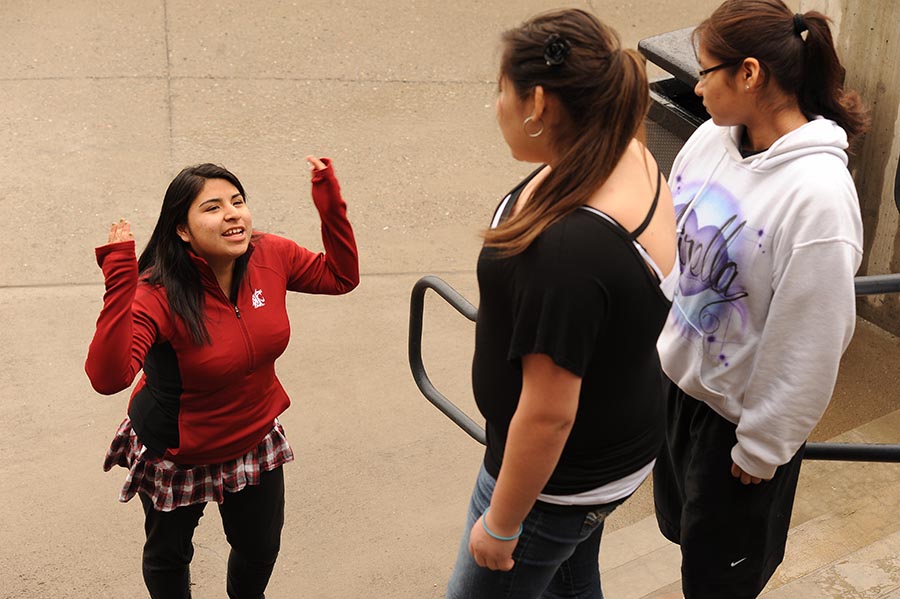If you are being bullied, the situation will not change unless you do something. Here are some possible suggestions:
•Working it out yourself. Depending on how bad the bullying is (and as long as you aren’t feeling unsafe, you might decide to try andwork it out by yourself first.
•When possible, ignore the bully. Ignoring can be helpful, particularly for one-time cases. Bullies are looking for a reaction from you and often lose interest if they aren’t given the satisfaction of making you upset.
•Hang around other people. You might be safer if you stay in groups.
•Be confident. Bullies usually pick on people that they think are weaker than they are, so it might help if you stand up to them.
Asking someone for help. To stop bullying—whether verbal, written or cyberbullying — it can be helpful to tell someone that you are being bullied. Talking to someone is particularly important if you feel unsafe or frightened, or if you don’t have many friends. Asking for help or talking to someone about your situation is not being weak or “giving in.” In fact, telling someone can take a lot of strength and courage.
Your rights. Remember that everyone has the right to live, work, study and play in an environment free from bullying, harassment, discriminationand violence. No one deserves or asks to be bullied.
If you suspect your friend is being bullied, you might find the fact sheet called, What to do if someone you know is being bullied.
Acknowledgement: This fact sheet was originally developed by youth and staff at ReachOut.com, a website that helps teens get through tough times.


